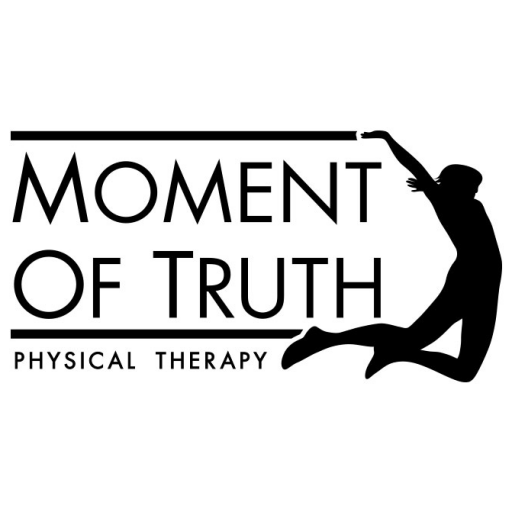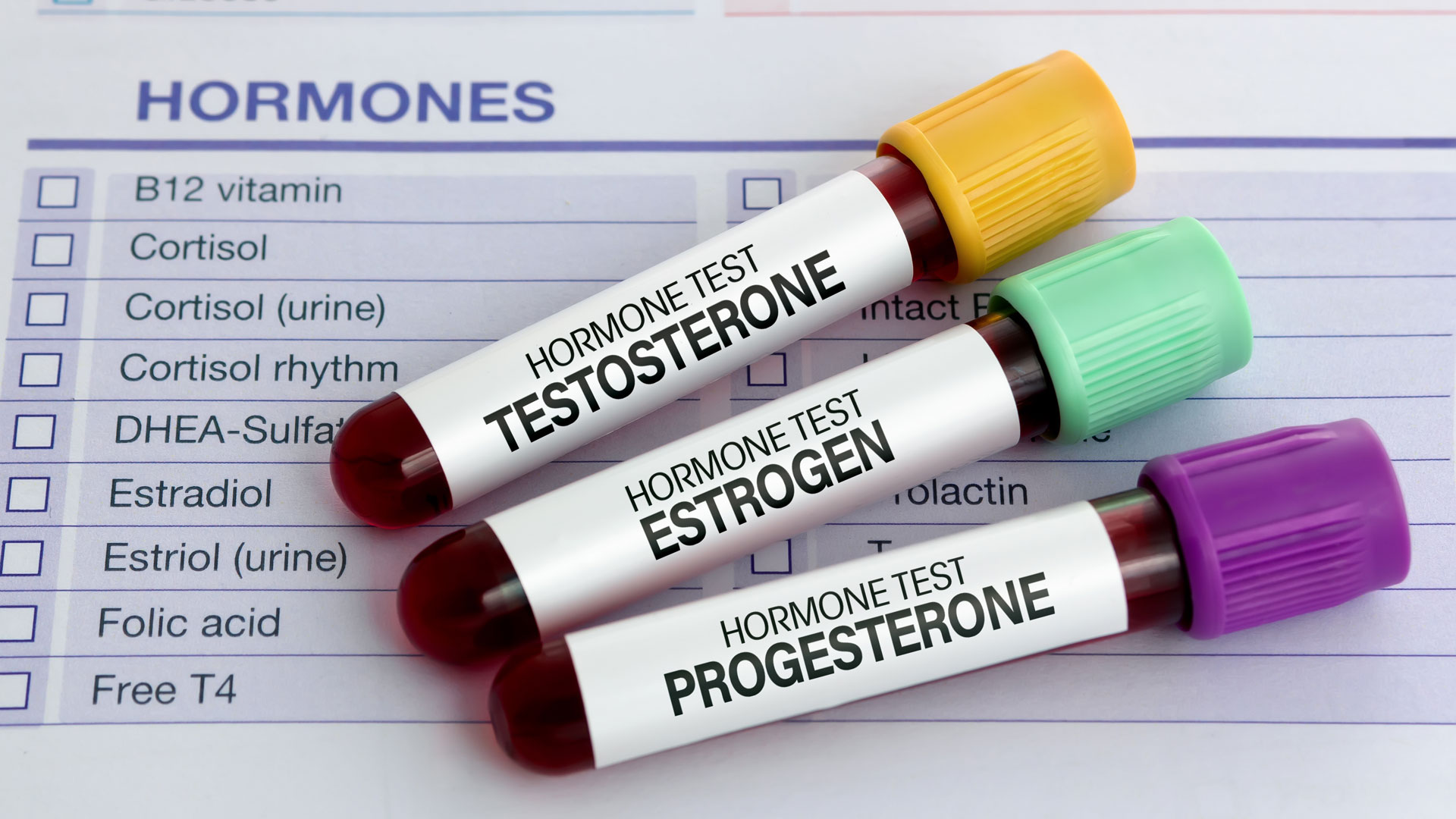The Changing Conversation Around Hormone Replacement Therapy
When most women think of menopause, they think of hot flashes, mood swings, or maybe just a general “this is the stage where everything slows down.” For years, hormone replacement therapy (HRT) was a standard treatment, but surprisingly, its use has declined dramatically.
Between 2000 and 2020, studies show that the number of women using HRT dropped by over 70%. Among women aged 52–65, the age group where menopause typically hits hardest, usage fell nearly 90%. At first glance, you might assume this means women are finding better solutions. But in reality, many are simply left struggling through symptoms without realizing there are safe, effective options available.
So let’s break down what hormone replacement therapy actually is, how it works, and why it may be worth revisiting if you’re going through menopause, or beyond.
Menopause in Simple Terms
Here’s the thing many people don’t realize: menopause is actually one single day. It’s the day you reach a full year without having a menstrual cycle. Everything leading up to it is called perimenopause, and everything after it is postmenopause.
But whether you’re in perimenopause or years beyond that “official” day, symptoms often overlap:
- Hot flashes and night sweats
- Vaginal dryness and painful intercourse
- Changes in sexual desire
- Poor sleep and low energy
- Difficulty recovering from workouts
- Increased risk of bone density loss
At the core of these changes is a natural decline in estrogen, progesterone, and testosterone. While this decline is part of aging, it doesn’t mean you have to just “deal with it.”
What Hormone Replacement Therapy Can Do
Hormone replacement therapy is exactly what it sounds like, restoring some of the hormones your body no longer produces in the same way it once did. The three most common forms are:
- Estrogen (estradiol): Improves lubrication, reduces vaginal atrophy, and supports bone density. Available as patches, pills, creams, or sublingual dissolvables.
- Progesterone: Helps balance the effects of estrogen and stabilizes mood.
- Testosterone: Plays a key role in sexual desire and muscle mass. Low levels are linked to low libido and reduced energy.
For many women, the combination of these three hormones offers the most benefit. Estrogen addresses dryness and discomfort, while testosterone helps restore libido and vitality.
Research even shows additional benefits, such as reduced risk of heart disease, osteoporosis, and possibly even some forms of dementia. Vaginal estrogen specifically, applied as a cream, has been proven safe even for many women with a history of hormone-sensitive cancers and is strongly linked to fewer urinary tract infections and improved sexual comfort.
Sexual Health: Beyond Libido
We often talk about hormone therapy as a solution for low libido, but it goes further than that.
In one large study of women ages 30–70, over a third reported low sexual desire. For women in menopause, that number jumped to more than 50%. And among women who experienced surgical menopause (such as hysterectomy with ovary removal), the rate of severe low desire, diagnosed as hypoactive sexual desire disorder (HSDD), was significantly higher.
Hormones impact more than “being in the mood.” They influence tissue integrity, lubrication, and overall comfort during intimacy. Painful sex can quickly spiral into lack of desire, avoidance, and relationship stress. By improving tissue health and balancing hormone levels, HRT can restore not just desire, but enjoyment.
Beyond Sexual Health: Longevity and Quality of Life
One of the most overlooked benefits of hormone replacement therapy is its role in long-term health.
- Bone Density: Estrogen helps prevent bone loss, reducing the risk of osteoporosis and fractures.
- Heart Health: Some studies link HRT with reduced cardiovascular risk.
- Cognitive Support: Ongoing research suggests hormone therapy may play a role in lowering the risk of dementia.
- Energy and Recovery: With better hormone balance, many women report more stamina for workouts and improved muscle recovery.
This isn’t about chasing the “fountain of youth.” It’s about protecting your body so you can keep doing the things you love, whether that’s playing with your grandkids, traveling, exercising, or enjoying intimacy.
Is Hormone Therapy Right for You?
This is where it’s important to emphasize: HRT isn’t a one-size-fits-all solution. Not everyone needs it, and not every type is right for every woman. That’s why blood work and professional guidance are key.
Unfortunately, most routine blood panels at your primary care doctor don’t include hormones unless you ask. A naturopath or hormone specialist can check estrogen, progesterone, testosterone, thyroid function, and other markers like FSH (follicle-stimulating hormone) to determine if you’re in menopause and whether replacement could help.
Knowing your baseline levels while you still feel good, say, in your late 30s or early 40s, can be a huge advantage later. That way, you have a personal benchmark to compare against when things start shifting.
Where Does Physical Therapy Fit In?
At Moment of Truth Physical Therapy, we don’t prescribe hormone replacement therapy. But we play an important role in your care team.
Hormonal changes often lead to:
- Pelvic floor dysfunction
- Painful intercourse
- Muscle weakness and fatigue
- Changes in posture and recovery
A pelvic floor physical therapist can evaluate whether pain or dysfunction is primarily due to muscular issues, hormonal changes, or both. From there, we can guide you toward the right next step, whether that’s PT, lifestyle modifications, or a referral to a hormone specialist.
We also have trusted referral partners, including naturopaths and physicians, who can oversee your hormone therapy safely and effectively.
Takeaway: Menopause Doesn’t Have to Be a “Death Sentence”
Menopause often feels like a line in the sand, life before hormones, and life after. But it doesn’t have to mean an end to your energy, intimacy, or joy.
Hormone replacement therapy, when done thoughtfully and under professional care, can restore quality of life, improve sexual health, and even support long-term wellness. Combined with pelvic floor therapy, nutrition, and movement, it can help you feel like yourself again.
At Moment of Truth Physical Therapy, we’re here to listen, evaluate, and guide you toward the resources you need, whether that’s within our walls or through our trusted partners.
Your journey through menopause and beyond doesn’t have to be confusing or lonely. With the right support, it can be a season of renewed strength, connection, and vitality.


0 comments